
The mineral processing test is one of the key preparations for gold mineral processing. After the test is completed, the staff will issue a test report based on the test information. The interpretation of gold beneficiation test reports usually involves analysis of the test purpose, methods, results and conclusions. Here are some key steps and points for interpreting gold beneficiation test reports.
The gold mineral processing test is designed to solve a series of problems related to gold ore beneficiation processing. Here are some common problems and how beneficiation testing can provide solutions to these problems, including but not limited to the following:
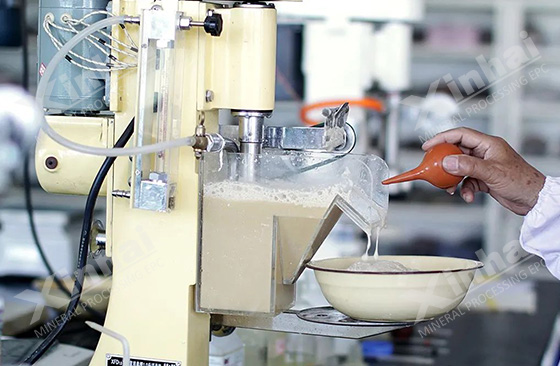
1. Determine the type of ore (such as quartz vein gold-bearing ore, sulfide ore, etc.) and properties (such as gold particle size, shape, wrapping situation, etc.) in order to choose the most appropriate mineral processing method.
2. Evaluate and optimize the mineral beneficiation process, including grinding, classifying, separation, dehydration and other links to improve gold recovery and reduce production costs.
3. Determine the most effective mineral processing agents (such as collectors, inhibitors, activators, cyanide agents, etc.) and their optimal dosage to improve mineral processing efficiency.
4. Determine the best process parameters through experiments, such as pH value, temperature, grinding fineness, chemical system, flotation process or leaching time, etc., to optimize gold recovery.
5. For ores containing harmful elements (such as arsenic, sulfur, etc.), experiments can explore effective pretreatment methods to remove these elements and reduce the impact on subsequent processes.
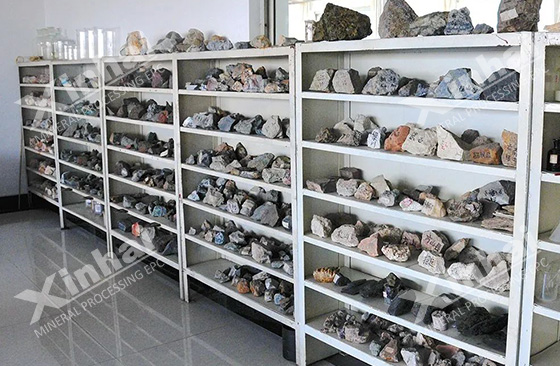
Analyze the ore samples used in the test, including their chemical composition, gold phase analysis, particle size distribution, etc. These factors will affect the mineral processing effect. The factor that has an important impact on this step is the sampling of test samples. Reasonable sampling can ensure that the obtained samples can accurately reflect the true situation of the ore body, and provide reliable basic data for subsequent mineral beneficiation tests and ore processing.
Understand the specific mineral processing methods used in the test, such as flotation, gravity separation, cyanidation, etc., as well as the operating conditions of these methods, such as pH value, chemical system, grinding fineness, flotation process, leaching time, etc. According to the test steps, the operating methods and conditions of each stage such as pretreatment, rough selection, selection, and leaching can be known.
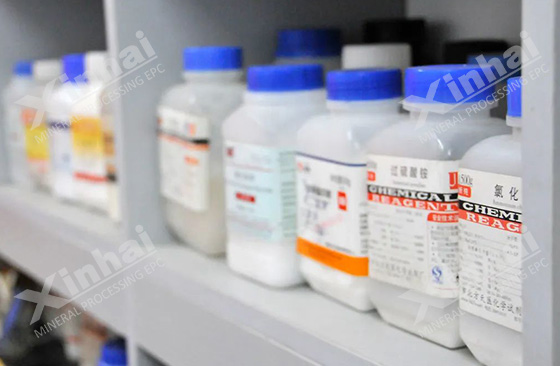
Compare the gold grade and recovery rate before and after the test to analyze the effect of the test. The test results provide basic data for the design of the mineral processing plant, helping to determine the appropriate process flow and equipment configuration to ensure that the ore can be effectively processed to obtain high-grade concentrate and high recovery rate. Appropriate process parameters can be determined by evaluating the gold recovery rate and concentrate grade under different test conditions.
Perform statistical analysis on test data, such as average value, standard deviation, correlation analysis, etc., to verify the reliability of test results. Based on the test results, summarize the effectiveness and existing problems of the test. Suggestions for improving the mineral processing process can also be made based on the test results, such as adjusting the dosage of chemicals, changing the grinding fineness, optimizing the process structure, etc.
.jpg)
Based on the conclusions of the test report, it can be used to plan subsequent industrial tests or production applications. At the same time, technical and economic evaluation is carried out through the test results to determine the economic benefits of the mineral processing process and provide a basis for investment decisions.
In addition, the safety of the gold mineral processing test operation can also be confirmed based on the ore processing test to avoid potential risks.
Through the above steps, the gold mineral processing test report can be comprehensively interpreted, providing scientific basis for the design, optimization and production of the ore processing plant. When conducting ore processing tests, it is recommended to choose an enterprise with professional testing qualifications to ensure ideal gold mineral processing benefits and achieve an ideal return on investment.
1. Guinea 15000tpd gold ore concentrator
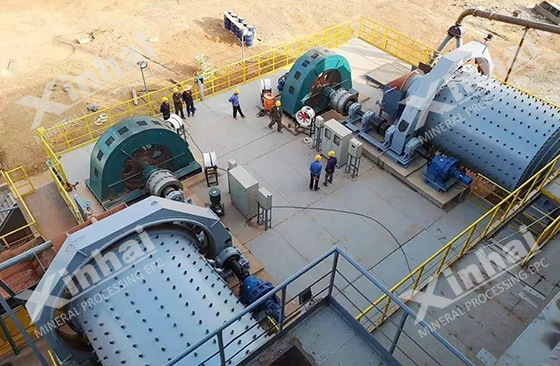
2. Guinea 6000tpd gold ore concentrator
3. Shandong 6000tpd gold ore dressing plant
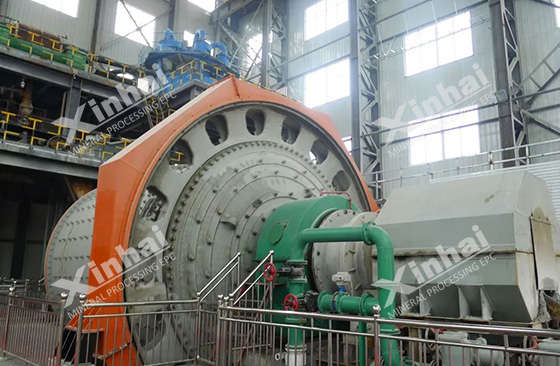
4. Mongolia 1.2 million tpa gold concentrator
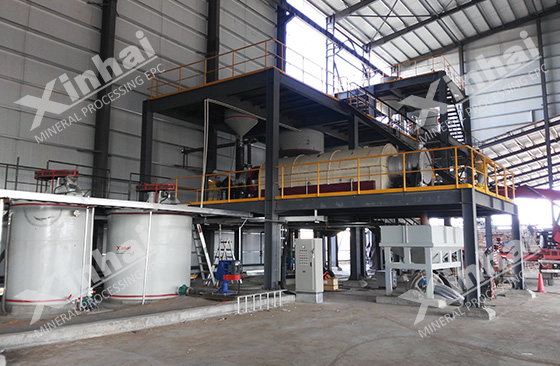
5. Henan 3000tpd gold ore dressing plant
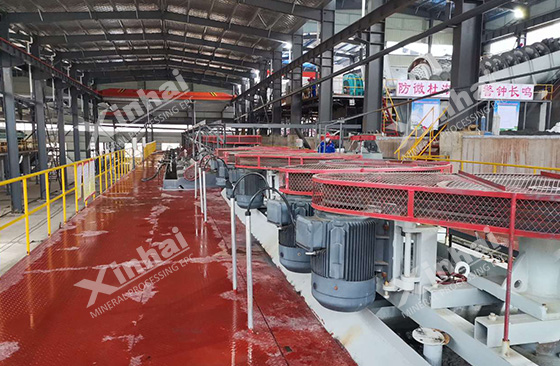
6. Heilongjiang 2000tpd gold ore dressing plant
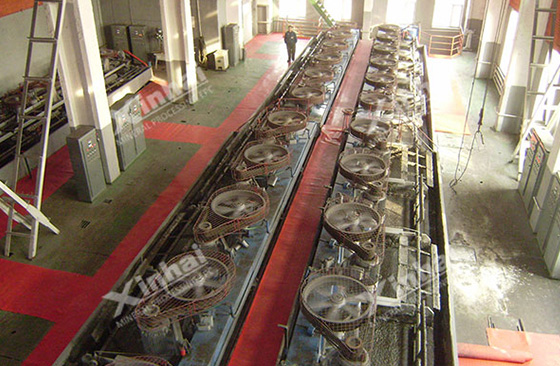
7. Laos 2000tpd gold ore dressing plant
8. Tanzania 1200tpd gold ore concentrator
9. Burundi 1200tpd gold ore concentrator
10. Gansu 1000tpd gold ore dressing plant
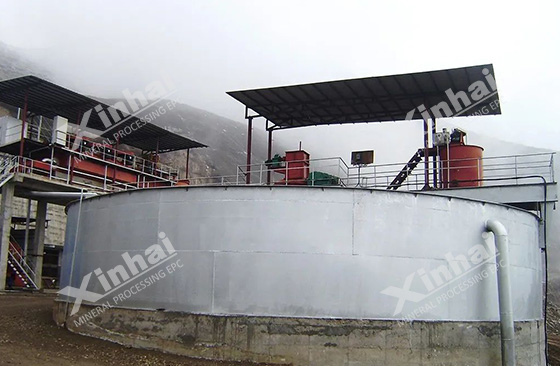
To find out more about our products and solutions, please fill out the form below and one of our experts will get back to you shortly.